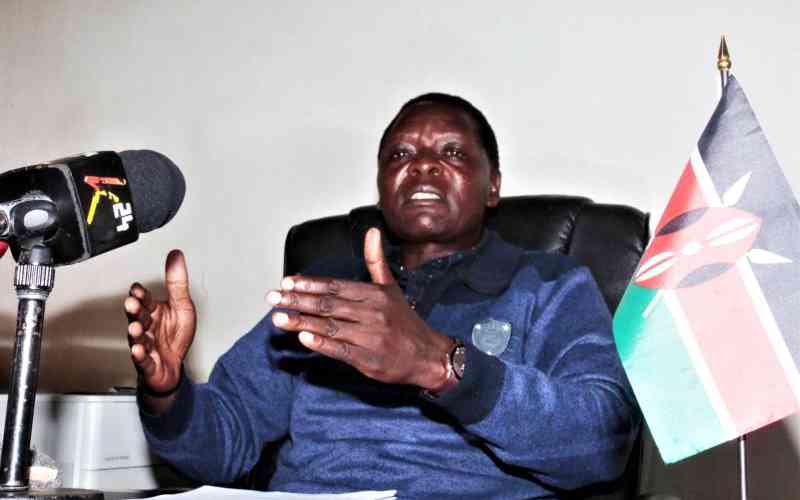×
The Standard e-Paper
Fearless, Trusted News

Schools are expected to begin closing this week for the August holiday marking an end to the troubled second term.
The term experienced disruption due to the on-and-off anti-government protest wave in various parts of the country spearheaded by Generation Z demanding accountability and better governance.







